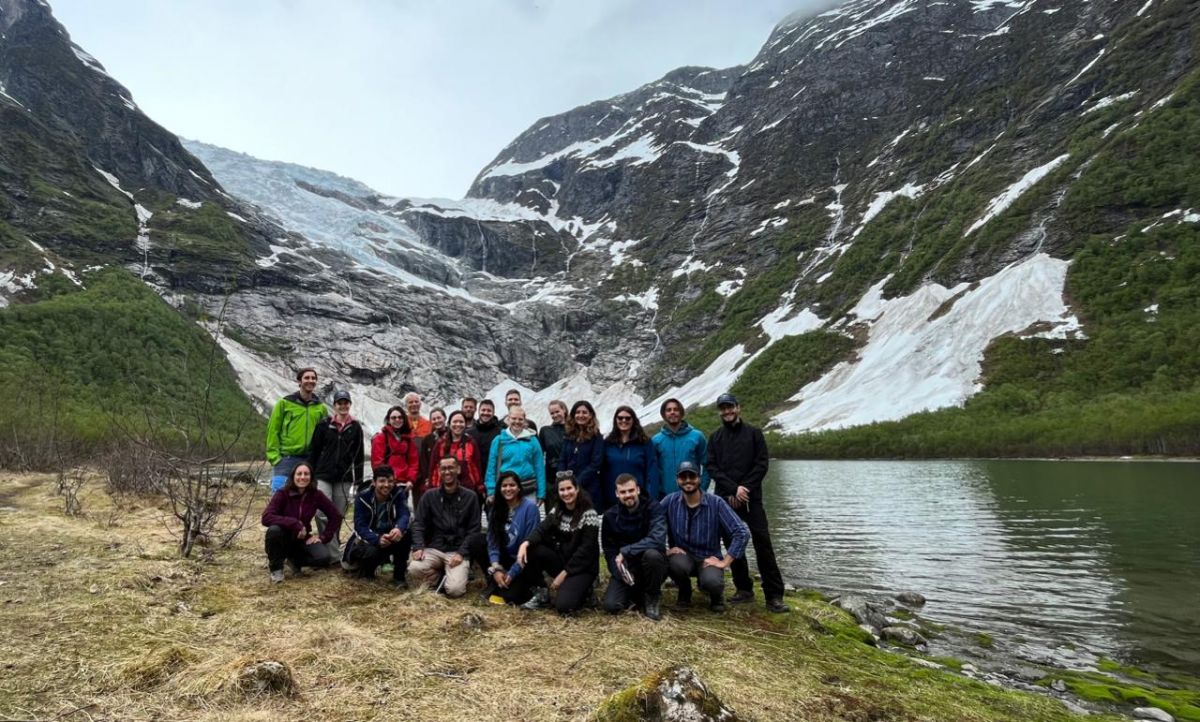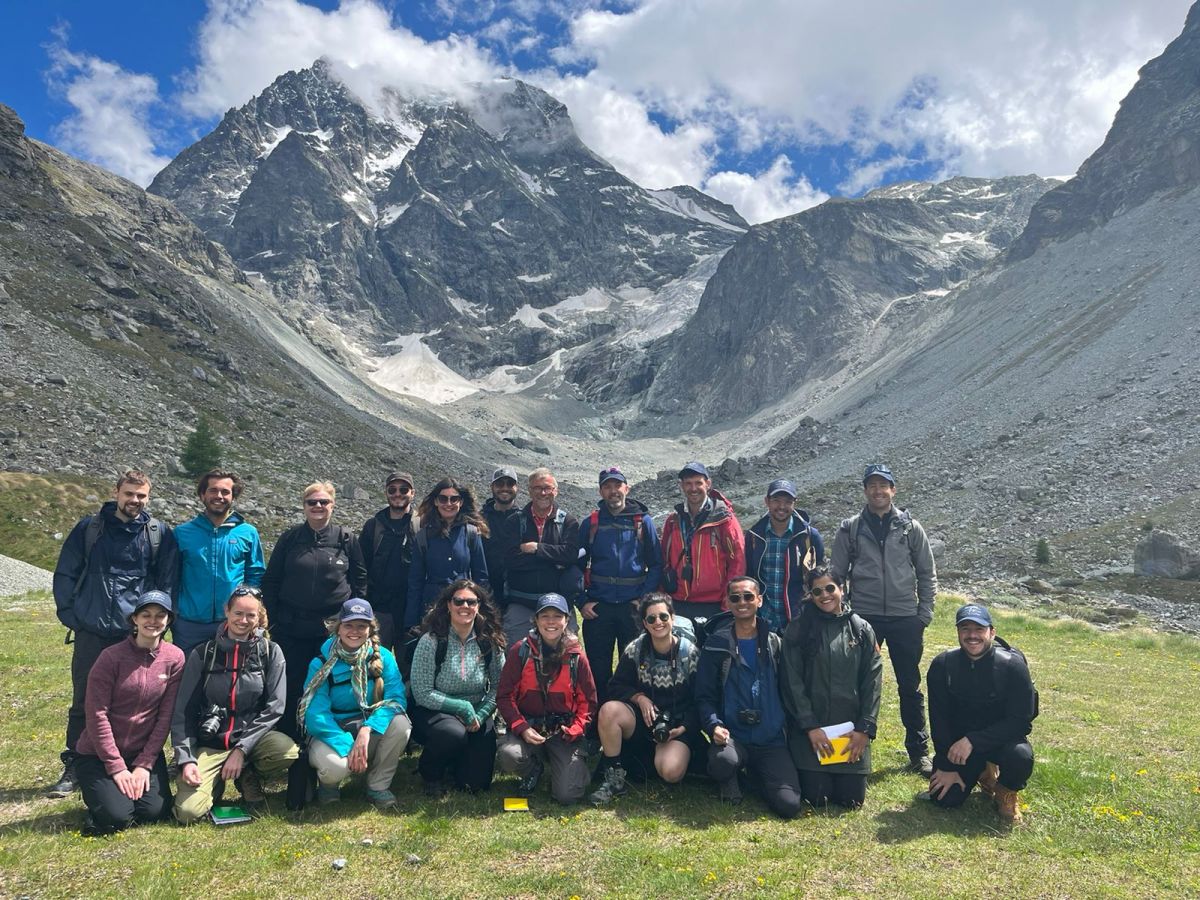The Factory
The Second ITN Summer Institute titled "The Factory" was held in Norway and Switzerland from 30 May to 16 June 2022. The training leaders were Christian H. Eide (University of Bergen), Tor Sømme (Equinor), Benjamin Bellwald (VBPR), Fritz Schlunegger (University of Bern), Sébastien Castelltort (University of Geneva), Alex Whittaker (Imperial College London), Jean Braun (GFZ), and Benjamin Gréselle (Hallburton).The main philosophy of “The Factory” was to immerse ESRs within a wide international and intersectorial panel of industrial partners and professionals, who provided them a course-intensive program of technical and soft skills to accelerate their research, write and present their results, consolidate their profiles and develop concrete plans for their future. Moreover, the ESRs visited modern, active, smaller-scale S2S systems in Norway and Switzerland.

Norway
The ESRs visited small-scale active and fossil S2S systems of the Bøyabreen to Flåm: Source-to-sink in a pre-modern proglacial environment (1930AD Moraines) with lakes, lateral inputs, catastrophic events and sedimentary records from moraines to delta-front. The focus was on transmission and buffering of high-magnitude events at short spatial and temporal scales. The field excursions was complemented by a 2 days workshop of dedicated seismic and core description and 1 day of workshop on hydrocarbon economy and the green transition in EQUINOR's offices.
Interactive map with videos recorded at different stops

Switzerland
Transferring to Switzerland, the ESRs travelled through another quaternary to recent S2S system in which they were exposed to the topics of sediment generation, export and sedimentation in a populated area, hence looking in detail at the challenges posed by natural risks and societal needs. Observations were completed in glaciated and transient systems of the Walliser Alps, as well as modern active braided systems and fan deltas in the Thun Lake in the prealpine nappe. Three evenings of that first part were dedicated to seminars by scientists (PhD holders) now working in the sectors of Geothermal energy, nuclear waste (NAGRA) and aggregate production (HOLCIM).
In addition, the ESRs received training dedicated to the modern business and societal challenges of Earth's resources exploration and exploitation, as well as training on the challenges of Open Science. Halliburton partners provided a 1-day business oriented practical course on “delivering, communicating, reaching-out”. Furthermore, the partners from Imperial offered 2 full days by world-leading experts on 1) Resources and Sustainable Mining, 2) hydrocarbons & green energy transition, including CSS, the Future of Oil and Gas, and Natural Hydrogen Exploration, and 3) the basics of open science. The last day was dedicated to statistics and data analyses with Matlab.





